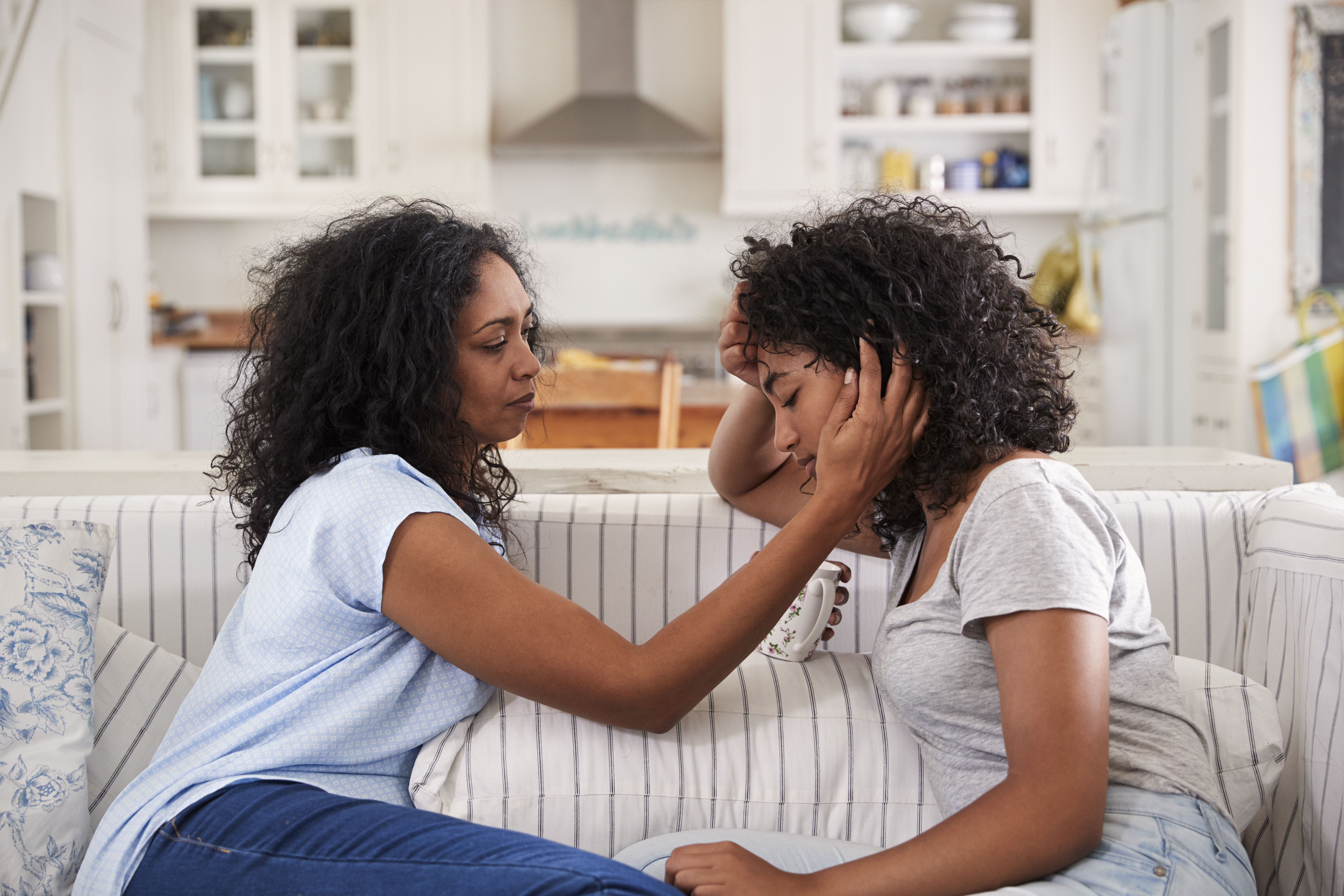There are many types of families in modern society. However you choose to define your family, a cancer diagnosis represents a crisis for all members. Many families have said that normal life stops and the child with cancer becomes the focus of the family. This is normal and understandable.
When a teenager has cancer, it has a profound effect on the whole family. This effect may be more intense at certain times, such as when your teen is diagnosed, admitted to the hospital or feeling unwell and experiencing side effects from treatment.
You may find the nature of your relationships, family roles and responsibilities change. Your family may also need to rely more on others for help and support. Even when treatment goes well, it can be difficult to adjust to the disruption to the usual flow of family life.
Often a family will feel a sense of loss associated with cancer. These losses may include the loss of:
- goals and aspirations
- certainty about the future
- ordinary family life, relationships and patterns
- a "normal" childhood for the teenager with cancer and their siblings
- happiness
Start a discussion
Talking together about how your teenager’s cancer and treatment is affecting different family members can help your family feel closer and better support each other. For some families, this can sometimes be very difficult. There are things that you can do to start this process and to get extra help when you need it.
Here are some suggestions to get you started.
- Focus on the strengths of your family. Remember, there may have been other times when you overcame difficulties. Discuss how your family coped and identify the strategies that each family member used before. How can those strategies be used now?
- Discuss simple things that you can do for each other to support each other.
- Focus on the positive aspects of your family and the individuals’ lives that you will work to maintain. What are your family goals and individual goals?
- How will you as a family make the most of every day and the opportunities that you have?
- Schedule brief times to connect and keep track of each other, even if only for a few minutes each day.
- How will life change for your family as a whole and for each individual family member?
- Are there family traditions that you will work towards continuing, or are there any new ones you would like to start now?
Some families find it easier to talk about cancer than others. If your family is having difficulty, consider consulting a professional counsellor (such as a social worker or psychologist), who can help your family discuss your feelings. A member of your child’s health-care team can recommend or help you find a counsellor.
Make time for one another
Often families find spending time together helps them cope. It does not need to be for a long time—it could just be for a couple of hours—but try to find time to be in each other’s company. Try coming up with an activity that most people in your family can enjoy, like playing a game, going for ice cream, watching a movie or going for a walk.
Let others in
Often other people will want to help but may not know how. It can help to have a list of tasks beside the phone for when someone offers. Other parents offer the following advice: "Accept help! You never know what’s coming, and it’s good to have a network of available people to help you when you need it."
Sometimes, caring people around you (such as family and friends) may overwhelm you with their efforts to help. At times like that, it is OK to tell them how you are feeling. Thank them for their kindness, and encourage them to contact you again on a future day and time that is better for you and your child. This way, you have some time to cope with, and process, your current challenges.

